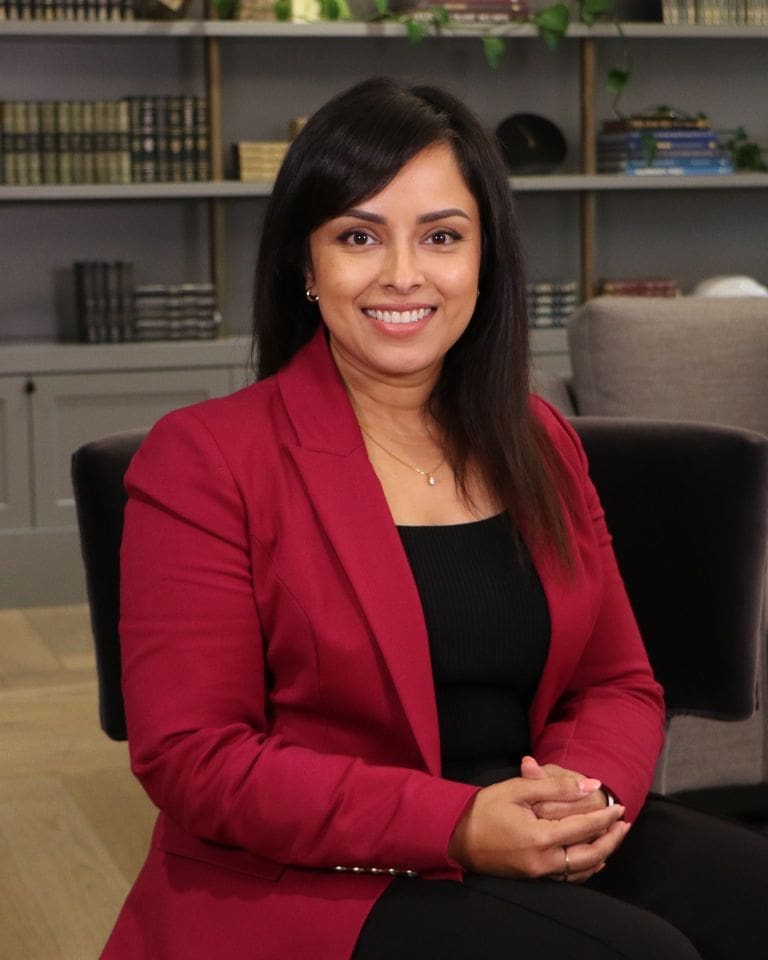


Balancing wealth between spouses
Improve wealth efficiency
As the saying goes ‘two heads are better than one’, and this is especially the case when it comes to tax and superannuation. As the rules apply per individual, it is often tax effective to spread income and assets between spouses where possible and doing so has become more of an incentive after the introduction of the $1.7 million cap on super balances.
It is common to see unequal super accounts amongst couples, particularly if one partner has taken time off work to care for children or family, worked part-time or earned a lower salary than their spouse for most of their career. Unequal super balances are also common where one spouse has been contributing to a generous defined benefit super fund such as the Commonwealth Superannuation Scheme (CSS) or Public Sector Superannuation Scheme (PSS).
If couples are willing to work together to strategically spread their wealth, they could build a combined retirement nest egg of $3.4 million* and maximise the amount in the tax-free retirement phase. This makes super still one of the most attractive vehicles to save for retirement – to have the ability to invest $3.4 million with no tax on investment earnings and no tax on withdrawals over age 60 is not an incentive to overlook.
Strategies to equalise retirement wealth
If you are both working, you can plan ahead and implement balancing strategies each year to help equalise accounts by the time you retire. Higher income earners are offered a tax offset of up to $540 if they top up their spouse’s super by $3,000 – this provides a double benefit via a tax saving for the higher income earner and a boost to the smaller super account. If you don’t have the extra cash flow to commit to super, concessional (pre-tax) contributions, such as employer contributions or salary sacrifice, can also be transferred between spouses’ super accounts after the end of each financial year.
Couples at the end of their career may still have time to rebalance by utilising non-concessional (post-tax) contribution caps. Provided the right conditions are met, this enables those under age 75 to withdraw up to $330,000 from their super fund and re-contribute into their spouse’s smaller super account. Generally, it is best to wait until at least age 60 and permanently retired because at this point the withdrawal of $330,000 can be made tax free. This might seem too late but because of the bigger non-concessional contribution limits, couples may be able to equalise their super balances in just a few years after retirement.
Work through the complexities with a super specialist
In practice, there is much to consider and work through before implementing re-balancing strategies including contribution rules and limits, as well as death benefit and estate planning implications. The long-term benefits can be significant and to ensure you don’t miss out on the savings, speak to your adviser about who can help you.
Tags
Disclaimer
*This is based on the current pension balance transfer cap of $1.7 million per individual.
This information was prepared by Evans and Partners Pty Ltd (ABN 85 125 338 785, AFSL 318075) (“Evans and Partners”). Evans and Partners is a wholly owned subsidiaries of E&P Financial Group Limited (ABN 54 60 9913 457) (E&P Financial Group) and related bodies corporate.
The information may contain general advice or is factual information and was prepared without taking into account your objectives, financial situation or needs. Before acting on any advice, you should consider whether the advice is appropriate to you. Seeking professional personal advice is always highly recommended. Where a particular financial product has been referred to, you should obtain a copy of the relevant product disclosure statement or offer document before making any decision in relation to the financial product. Past performance is not a reliable indicator of future performance.
The information provided is correct at the time of writing and is subject to change due to changes in legislation. The application and impact of laws can vary widely based on the specific facts involved. Given the changing nature of laws, rules and regulations, there may be delays, omissions or inaccuracies in information contained.
Any taxation information contained in this communication is a general statement and should only be used as a guide. It does not constitute taxation advice and before making any decisions, you should seek professional taxation advice on any taxation matters where applicable.
The information may contain statements, opinions, projections, forecasts and other material (forward looking statements), based on various assumptions. Those assumptions may or may not prove to be correct. E&P Financial Group, its related entities, officers, employees, agents, advisors nor any other person make any representation as to the accuracy or likelihood of fulfilment of the forward looking statements or any of the assumptions upon which they are based. While the information provided is believed to be accurate E&P Financial Group takes no responsibility in reliance upon this information.
The Financial Services Guide of Evans and Partners contains important information about the services we offer, how we and our associates are paid, and any potential conflicts of interest that we may have. A copy of the Financial Services Guide can be found at www.eandp.com.au. Please let us know if you would like to receive a hard copy free of charge.
Internship Program - Expression of Interest
Fill out this expression of interest and you will be alerted when applications open later in the year.
Help me find an SMSF accountant
Begin a conversation with an accountant who can help you with your self-managed super fund.
Media Enquiry
Help me find an adviser
Begin a conversation with an adviser who will help you achieve your wealth goals.
Subscribe to insights
Subscribe to get Insights and Ideas about trends shaping markets, industries and the economy delivered to your inbox.
Start a conversation
Reach out and start a conversation with one of our experienced team.
Connect to adviser
Begin a conversation with one of our advisers who will help you achieve your wealth goals.
You can search for an adviser by location or name. Alternatively contact us and we will help you find an adviser to realise your goals.


